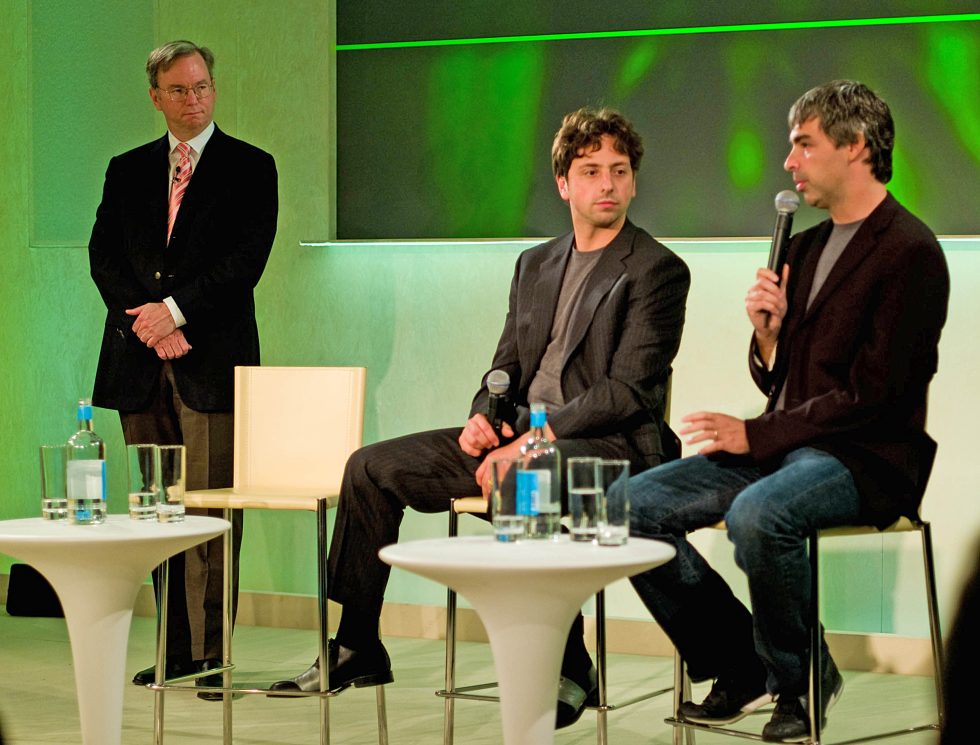
(credit: Joi Ito)
If you've ever wondered how Google defines the term "backrub," then look no further than its search engine for the answer, where we're told that it's "a brief massage of a person's back and shoulders." For many of the complainants in the long-running European Commission competition case against Google's alleged Web search monopoly abuse, that pithy definition goes a long way to explaining their experience of the multinational's vast online estate.
For those among you who don't know your Google history, the search engine started out with the curious name of BackRub at Stanford 20 years ago, until, that is, its servers greedily gobbled their way through the university's bandwidth, and it was time for the cofounders to shift up a gear. A year earlier, in 1995, the planets had aligned when Larry met Sergey at the famous Californian university for the first time.
The two men eventually created an algorithm—dubbed PageRank after Larry Page—that recognised links from important sources, while penalising links that were less relevant. Their BackRub search tool sorted results by relevance, and only looked for words in page titles. The end result was a search engine that appeared to be far superior to the competition of the time, such as Alta Vista.
Read 110 remaining paragraphs | Comments
No comments:
Post a Comment